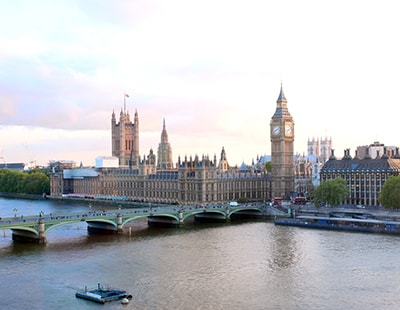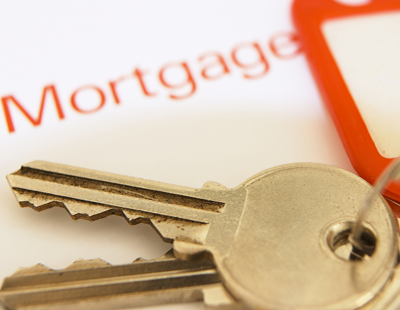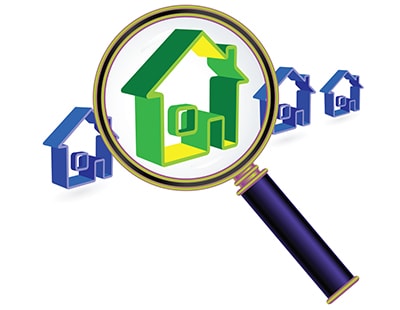To me it sends a confused message. Here we have a Government that’s probably very happy that homeowners can see their principal asset growing by such a healthy annual rate. But is it healthy for those who don’t own a home?
Home ownership in the UK is an aspiration that everyone sees as a right to achieve. The determination to arrive on the 'housing ladder' is all about getting a slice of that huge growth for themselves.
But the rate of growth pushes the target further away at a time when the Government wants to peg inflation generally at two per cent or less and tie wage rises to the same sort of percentage.
It means owning a house is a goal moving away four times faster than those hoping to score can catch up, a bit like fielding a modestly-performing Sunday League team against Portsmouth’s League Two side in a winner takes all contest.
Even given their recent club history, my money would be on Portsmouth to win.
Some pundits argue that it’s in estate agents’ interests to see house prices driven upwards because that way they earn more commission. But getting a slightly higher fee for one sale is scant compensation when the overall number of sales (and estate agents’ earning opportunities) falls dramatically, the consequence of overall affordability in the market becoming beyond the reach of ever-growing numbers of people.
The investment value of the current housing stock relies on the fact that supply is simply far too short to satisfy demand.
That then drives up prices which, perversely, drives down demand as affordability falls. The only way to get over this is to build more homes, often talked about but never achieved, or to encourage the private rented sector (PRS).
But the PRS is now also being strangled because penalty Stamp Duty rates, higher mortgage interest coupled with tougher lending criteria, and a diminishing ability to offset mortgage interest against landlord earnings means the buy-to-let market is increasingly less attractive to the investors who have been making up the shortfall in social housing provision.
This attack on the PRS is motivated by the jealousy of those outside it at the perceived big earnings landlords enjoy from the capital growth of the asset, flagged up by such things as the House Price Index.
But when these assets are sold, a large proportion of the unearned growth is grabbed back as Capital Gains Tax, making the State a substantial (and non-investing) shareholder in every PRS property.
Until now, the view of the residential housing market has been far too simplistic. Successive Governments have relied on rampant house price inflation to drive the economy, encouraging people to unlock their 'equity' using it as collateral against which to borrow more to spend on home improvements, caravans, exotic holidays, and other fripperies.
Now the referendum is just about all over bar the shouting – and calls from the losing side for a rematch as soon as possible – perhaps the Government that emerges from the mayhem can give some thought to solving the crisis.
It has concentrated the old Land Registry and Department of Communities and Local Government indices into one new index, now it just needs to concentrate on the housing situation overall.
*Colin Shairp is Director of Fine and Country Southern Hampshire













.png)


.png)



Join the conversation
Be the first to comment (please use the comment box below)
Please login to comment